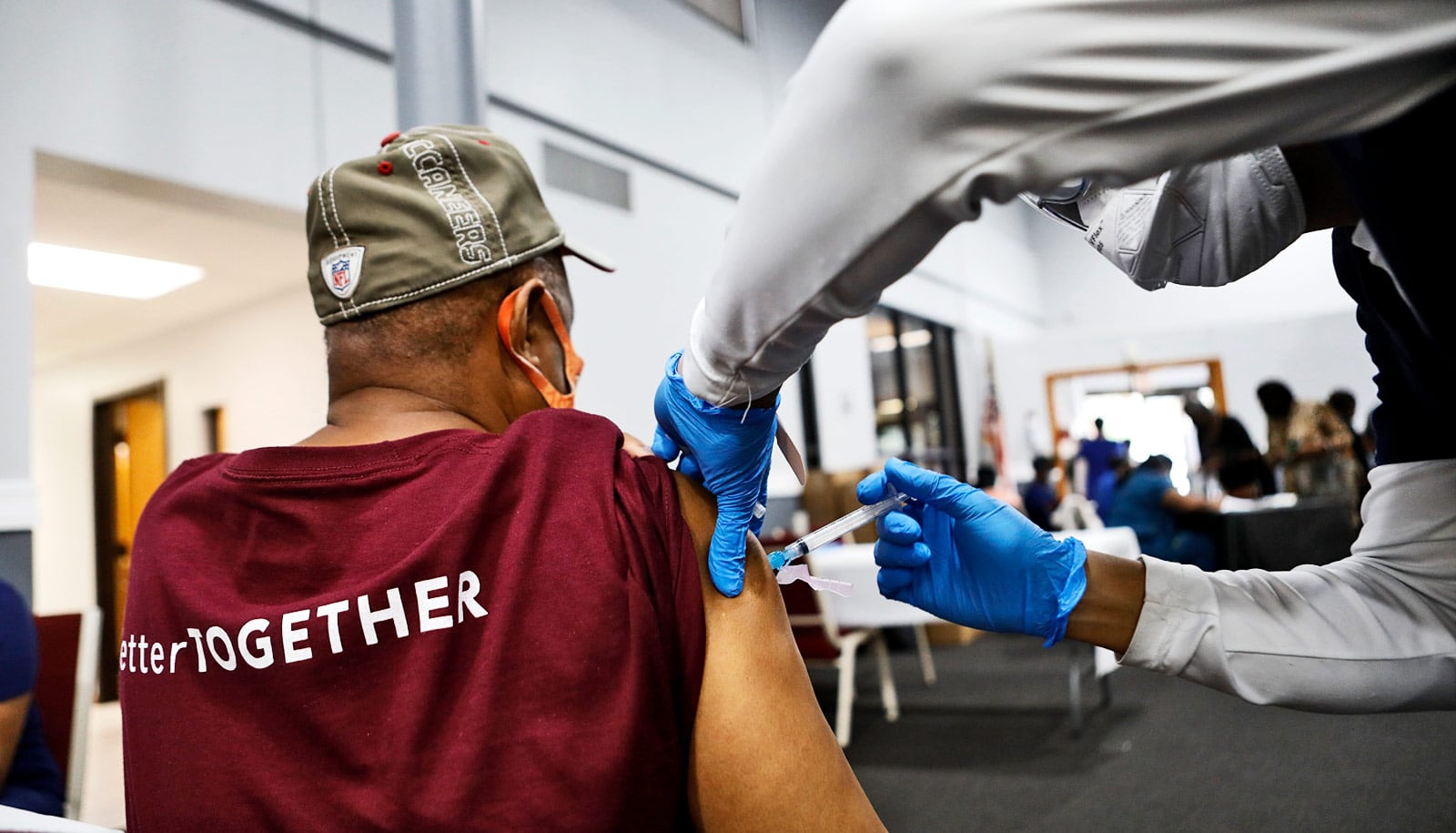More than three years after the COVID pandemic began, we all want to move on. But is it too soon?
With many of us vaccinated at some point, you might be wondering if it’s time to finally let those pandemic worries go for good.
Unfortunately, it’s not so easy, says Angela Branche, an infectious disease physician at the University of Rochester Medicine.
“While we continue to learn more about the virus, which continues to evolve and adapt to evade our immune defense, and figure out new ways to improve protection, our communities should stay alert,” Branche says.
That’s because the likelihood of COVID-19 disappearing any time soon is very low. In fact, scientists expect that the virus will eventually become endemic—causing seasonal illnesses each year.
There is hope that the virus will weaken enough over time, eventually behaving like other coronaviruses—the virus that causes the common cold in most people. However, it’s difficult to tell if or when that will happen.
Just like influenza and other respiratory illnesses, COVID-19 could lead to yearly outbreaks. While protecting yourself from these illnesses does not always mean you will not get sick, you can greatly decrease the intensity of your illness and help protect those around you.
Do I need a booster?
There has been a lot of buzz on boosters lately. They’re like tune-ups for your immune system—helping to extend protection while adding safeguards from new virus variations.
As of August 28, 2023, the Food and Drug Administration and the Centers for Disease Control and Prevention are still determining their official recommendations for COVID-19 boosters during the 2023 fall season.
But, recently the FDA requested development of an updated COVID-19 booster based on newer COVID variants.
In fact, Branche recently led a national study that showed that updated COVID-19 boosters provided better and broader protection against all virus strains (Omicron, Beta, Delta, and Alpha). The results, published in Nature Medicine, definitively showed that boosters no longer need to specifically target the original virus strain to protect against them.
“The newest COVID-19 booster will likely be recommended for those ages 65 and up, as well as those with pre-existing conditions that increase their risk of severe illness,” says Branche.
For healthy adults, whether to get a COVID-19 booster is a risk-based decision that should be made with your primary care provider.
“If you’re heading to college, work in a school or health care institution with frequent contact with many people, it might be best for you to receive a booster,” Branche says. “Remember, receiving a booster will also help reduce severity of infection and possibly the length of illness and transmission to others.”
It’s all about risk versus reward. Getting infected, especially in severe cases, can affect your productivity, cause disruptions in your household and community, and even put vulnerable individuals at risk. The impact is a ripple effect that extends beyond just your own well-being.
‘Every little bit helps’
Remember, vaccines aren’t shields that prevent all infections. They’re designed to prevent severe outcomes and reduce the length of illness. Even if you get infected after getting vaccinated, it’s not a sign that the vaccine didn’t work. It’s all about managing the risk and keeping yourself and your loved ones as safe as possible.
“Every little bit helps. Our goal with vaccinations is to keep everyone safer and healthier,” Branche says.
When it comes to COVID-19, we have come a long way—but that doesn’t mean we should let our guard down. Stay up-to-date on the latest recommendations for boosters and protect yourself and your loved ones to stay as healthy as possible.
Source: University of Rochester



